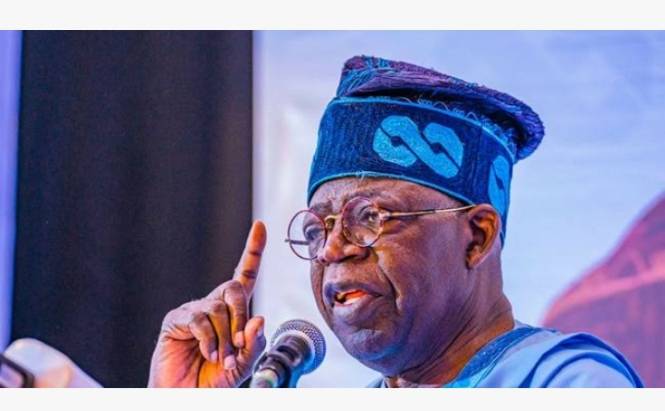Tinubu Claims Nigeria Lived Fake Lives Before Petrol Subsidy
President Bola Ahmed Tinubu has described Nigeria’s economic state before the removal of the petrol subsidy as unsustainable, likening it to a nation living a false reality. Speaking candidly on the subject, Tinubu emphasized that the subsidy system, while initially introduced to cushion the impact of fuel costs on citizens, had evolved into an economic burden that masked the country's true financial challenges.
The president explained that the subsidy regime artificially suppressed fuel prices for decades, creating a deceptive sense of affordability. However, beneath this façade lay an escalating financial strain on the federal government, which was forced to borrow extensively to sustain the scheme. Tinubu argued that this approach, while politically convenient, only postponed the inevitable reckoning. He stressed that continuing along this path would have jeopardized the country's economic stability.
The removal of the subsidy earlier this year sparked widespread debate, with many Nigerians grappling with the immediate impact of higher fuel costs. However, Tinubu maintained that the move was necessary to realign the economy with reality. He pointed out that billions of naira previously spent subsidizing petrol could now be redirected toward critical sectors such as infrastructure, healthcare, and education. This reallocation, he suggested, was essential for laying a foundation for sustainable development.
Critics of the subsidy removal argue that the decision has disproportionately affected low-income earners, who now face increased transportation and living costs. Tinubu acknowledged these challenges, admitting that the transition has been difficult for many Nigerians. He, however, reassured citizens that his administration is implementing targeted interventions to alleviate the burden on the most vulnerable populations. These measures include expanded social programs, investment in alternative energy sources, and initiatives to boost local fuel refining capacity, reducing dependence on costly imports.
For decades, the subsidy program was heralded as a lifeline for Nigerians struggling with economic hardships. However, Tinubu contended that the system was rife with inefficiencies, corruption, and exploitation. He cited instances of inflated subsidy claims and the smuggling of subsidized fuel to neighboring countries as examples of how the program had been manipulated to benefit a few at the expense of the majority.
Despite the initial outcry over the subsidy removal, Tinubu has called on Nigerians to embrace the reality of the country’s economic situation. He emphasized that addressing long-standing structural issues requires difficult decisions and collective sacrifice. The president expressed confidence that the reforms underway would eventually yield dividends, fostering a resilient economy capable of delivering tangible benefits to its citizens.
As the debate over the subsidy removal continues, Nigerians are reflecting on the balance between short-term hardships and long-term economic goals. While the decision remains contentious, Tinubu’s assertion that the nation was living a “fake life†before the policy change has sparked a broader conversation about economic sustainability, accountability, and the sacrifices required to build a more stable future.


